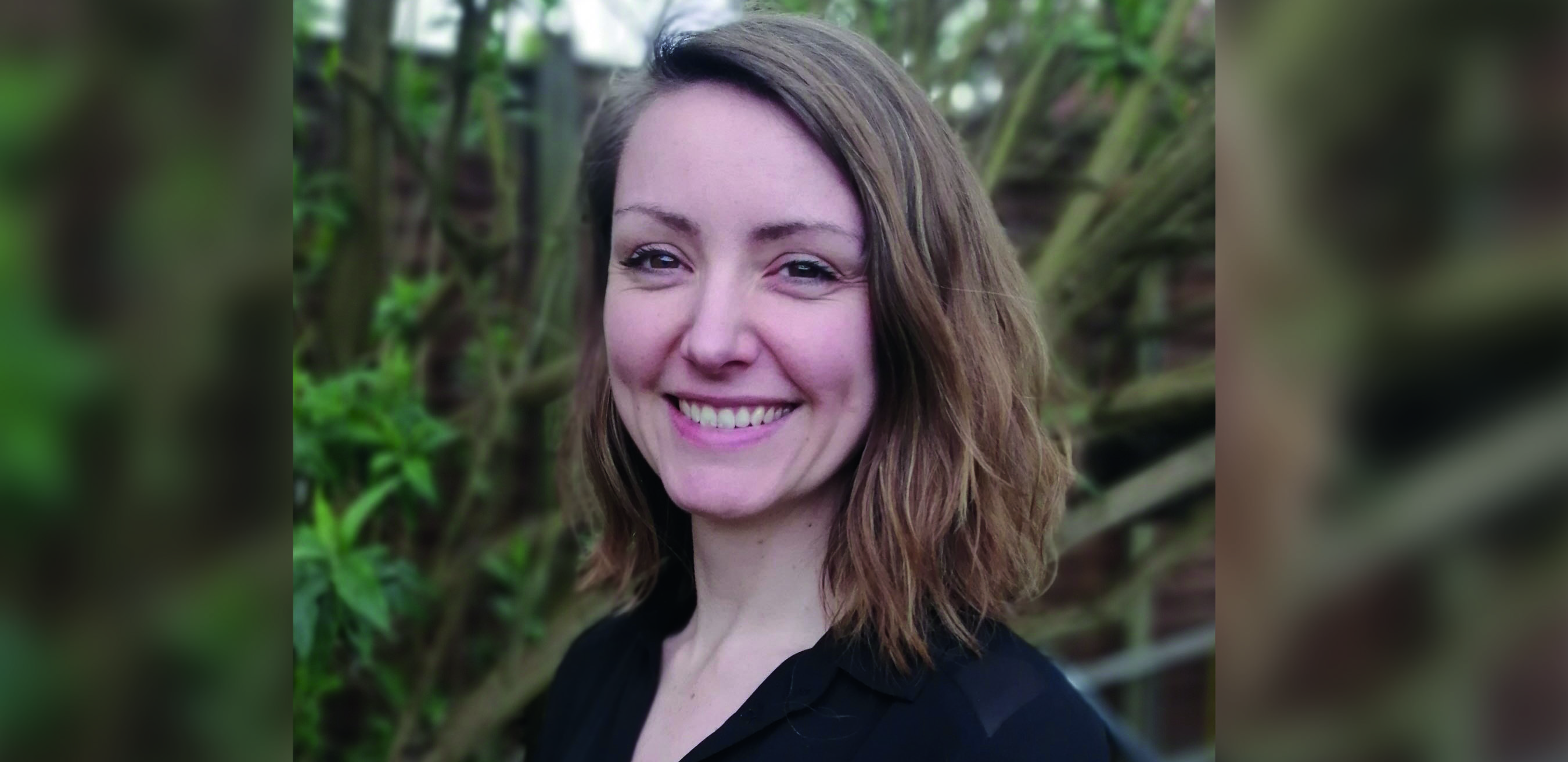UEA supporting growth in the UK digital creative industries
By: Communications

A new degree programme at the School of Computing Sciences at the University of East Anglia (UEA) is intended to encourage more people from a wide range of backgrounds to consider careers in the tech industry, including the developing sector in Norfolk.
The new BSc in Computing and Creative Technologies (BSc Computing and Creative Technologies with a Year in Industry - UEA) will explore how computing science is underpinning the revolutions taking place in the digital film, high-end television and games industries. The line between films and games are blurring through the use of modern digital games technologies to develop real time sets on shows such as The Mandalorian. Augmented Reality (AR) and Virtual Reality (VR) are emerging technologies that are increasingly being used to deliver better entertainment experiences as well as product development and advertising.
The city of Norwich has a large number of software development companies for website and apps, and now has a small but expanding film and games sector, with companies such as FXhome. With the growth of the Norwich Games Festival which sees over 50,000 people attend each year, this is a great location for students to connect and network with local and national companies as well as local independent developers who are showcasing their work.
Tim Robinson, Chief Operating Officer at Tech East commented: “The East of England is home to a burgeoning creative industries cluster. AR and VR are increasingly being deployed in a wide range of industries from energy and healthcare to manufacturing and automotive. UEA’s timely new BSc in Computing and Creative Technologies will provide an important pipeline of talent to feed UK industry.”
Traditionally fewer females have taken up careers in the sector but this is changing and one of the lecturers on the course is Dr Sarah Taylor, who previously worked at Disney Research on techniques for automatically animating faces from speech. She returned to UEA to establish the Digital Humans Group, and in 2018 achieved an EPSRC UKRI Innovation Fellowship to link her research with industry.”
Dr Sarah Taylor said; “As we emerge from the pandemic the digital sector can further flourish and I would encourage more women to think about the career opportunities the sector offers and how gaining the right mix of skills and knowledge can open up all sorts of exciting possibilities for the future.”
Course Director, Dr Aaron Bostrom, has a record of working in the Games industry and developing courses blending computing science and digital creation. Within UEA’s School of Computer Sciences teaching and research staff have a history of working on cutting edge technology with Disney, Apple, and Oculus and with strong connections to Epic Games in the USA.
Professor Gerard Parr, Head of School of Computing Sciences, commented: “Here at UEA we have a history of research in computer graphics, computer vision and machine learning. These research areas are revolutionising the way the screen sector is working, transforming the workflows of artists and digital creators. With the wealth of experience, industrial links and the ongoing activities in the various research groups in the School, students will have a wealth of opportunities and expertise to guide them to exciting careers in this growing sector.”
The UK’s Creative Industries contribute almost £13million to the UK every hour (pre-pandemic). The government reports that in 2019 the creative industries sector which includes, the screen sectors (high end TV, film and games), digital advertising and marketing contributed £115.9bn to the UK economy accounting for 5.9% of the UK’s total GVA (gross-value added). The creative industries have been growing four times faster than the UK economy since 2011. As the screen sector continues to grow and recovers from the pandemic, highly skilled graduates with a blend of creative and technical skills will be a highly sought-after asset.
Related Articles

Innovative AI solution to real-time seabed mapping earns UEA's School of Computing Sciences national recognition
UEA's School of Computing Sciences in-demand AI expertise has been recognised nationally after being named as one of Innovate UKs three finalists at their annual awards, following development of an innovative solution to real-time seabed mapping.
Read more
National recognition for UEA’s MSc Cyber Security
The University's School of Computing Sciences has had its MSc in Cyber Security officially recognised with full certification by the UK National Cyber Security Centre (NCSC).
Read more
UEAnonymous at Cyber Strategy competition finals
UEAnonymous, a talented team of CMP students, made it to the finals of the Cyber 9/12 Strategy competition one of just 17 teams selected of more than 120 applicants.
Read more